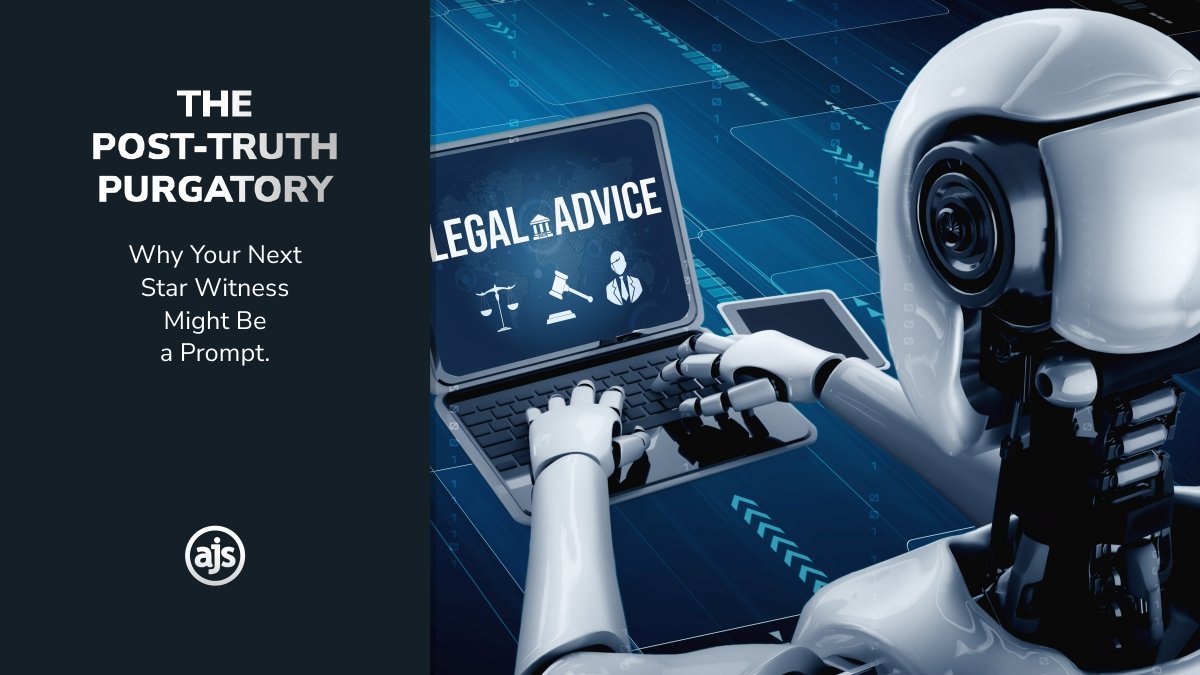
The Zen of Work: Correspondent Attorneys
Correspondent Attorneys
With “Holly” on a mission to take control of her work situation – aiming to instil a feeling of Zen in her workspace – she has come to us seeking answers.
And we are happy to oblige Holly. As always.
After getting her law firm up and running – taking time to learn all about the “buzz words” out there – Holly has started to focus her attention inward. Looking more closely at how her law firm is actually operating. Or at least, how it should be operating.
And there is a lot to take in where the optimal operating of a law firm is concerned.
Take the relatively innocuous topic of correspondent attorneys.
Not knowing what a correspondent attorney may be used for, or more importantly, how to manage a correspondent attorney can create stress in an otherwise harmonious work environment. The opposite of what Holly is trying to accomplish.
So, let’s deal with correspondent attorneys and put Holly’s mind at ease.
Jurisdiction
First things first.
It’s important before we discuss the purpose of correspondent attorneys to understand what jurisdiction means. After all, it is how the concept of a correspondent attorney arises.
Jurisdiction refers to the “power or competence which a particular court has to hear and determine an issue between parties brought before it” (Rambuda & Associates Inc.).
When deciding on the jurisdiction of a matter, there are a number of facts to consider –
- Value of the matter – in a civil matter, one needs to take cognisance of the quantum (value) of the matter. Very simply, if a matter is R15 000 (or less), this would automatically fall under the Small Claims Court and an attorney would not be allowed to represent a client here (although they are allowed to give legal advice prior to the matter being heard). If the quantum of the claim is below the value of R200 000 the matter would fall under the jurisdiction of the District Magistrate’s Court. If the quantum is more than R200 000 but less than R400 000 the matter would fall under the jurisdiction of the Regional Magistrate’s Court and if the claim is R400 000 and higher it would automatically fall under the High Court (although it must be noted that the High Court is able to adjudicate on all matters. Caution must be noted here however – the Gauteng Division of the High Court handed down a judgement on 26 September 2018 that stated as follows “it is an abuse of process to allow a matter which falls within the monetary jurisdiction of the Magistrate’s Court to be heard in the High Court. It further stated that irrespective of the principle of concurrent jurisdiction, the High Court is not obliged to entertain matters that could be argued in the Magistrate’s Court. The order that the High Court handed down was that with effect from 2 February 2019, all civil actions, and applications where the monetary value claimed was within the jurisdiction of the Magistrate’s Court should be instituted in the Magistrate’s Court.” (Cliffe Dekker Hofmeyer). For a more in-depth view of the various courts and their jurisdictions, click here.
- Where the party resides, or claim arose – another crucial aspect for the jurisdiction of a matter is the geographical area/location. There must be a link between the claim and the location of the court. Why? A court needs to be able to “give effect to its judgement”. Therefore, the basic rule here is the Plaintiff (person instituting the action) follows the Defendant (person defending the action). And this means that the claim must be instituted out of the court where the Defendant is resident or domiciled or where the cause of action arose.
- Which court deals with what – another consideration is this: certain courts can only hear specific matters i.e., due to their nature certain matters can only fall under the sole jurisdiction of a particular court. These would include divorces, arguments about a person’s Will or matters asking the Court to decide on whether a person is mentally sane or not. These would automatically fall within the realm of the High Court. In addition, serious criminal matters (such as murder, treason, rape, terrorism, sabotage, and serious assault) must be referred to High Court.
What are correspondent attorneys?
With the above considerations in mind, deciding which court to institute a claim out of should be relatively straight forward.
In some cases, this may mean that your client will need to institute action out of a court that is not within your area (and where you are unable to physically practice) –
- Why? A law firm must be within a 15km radius of the Registrar of the Court in which the action will be instituted out of (Du Toit’s Attorneys and Mediators).
When this happens, a correspondent attorney (which is an attorney that operates within the required jurisdiction of the court) will execute the instructions of the instructing attorney (that means Holly) as if Holly had undertaken the instructions herself i.e. the correspondent attorney steps into the shoes of the instructing attorney and performs the duties of the instructing attorney with the same duty of care to the client (and that is expected of a legal professional in the position of the correspondent attorney).
How are correspondent fees worked out?
It will often happen that an agreement is reached between an instructing attorney and a correspondent attorney based on the fees they will charge (as set out by Schoeman Law Inc here).
This is, at all times, guided by the tariffs as set out by the Legal Practice Council (“LPC”) tariff guides for civil matters and those for criminal matters. The tariffs listed in the links provided are effective from 1 April 2022.
Should a dispute arise regarding the tariffs charged by the correspondent attorney, any person who has an interest in the fees may refer the dispute to a Fee Dispute Resolution Committee of the LPC to assess the fees taking into account considerations based on (amongst other things) the complexity and importance of the matter, the skills, labour and specialised knowledge of the attorney concerned, the quality of the work and the experience or seniority of the attorney.
How are correspondent fees dealt with by instructing attorneys?
Quite simply put – correspondent fees are dealt with as disbursements. Usually.
Disbursement fees include sheriff’s fees, courier, photocopying and faxing charges as well as counsel (or advocate) fees and correspondent attorney fees – all reasonable fees for the performance of the work concerned.
The settling of the disbursement costs is often agreed between the client and the instructing attorney upfront. The instructing attorney (the attorney who has the relationship with the client) can either settle the counsel and/or correspondent attorney fees upfront and then claim this money back from the client. Or include these disbursements as part of the overall monthly invoice to the client.
And while quite simplistic, that is the topic of “correspondent attorneys” in a nutshell. Correspondent attorneys act as representatives of the instructing attorney who is acting on behalf of (and on the instructions of) the client.
With that, Holly breathes a sigh of relief. Not so complicated after all….
And luckily for Holly, her legal and accounting software by AJS affords her the ease of including disbursements on her invoice to her clients. Simply and easy – with just one click.
There are a lot of attorneys who have the software packages in place but are just not sure how to fully use them, what everything does and how they can optimise their practice to ensure that it is performing with accuracy and reliability.
But, with the help of AJS, your practice (regardless of its size) can (and will) succeed.
We will continue going through tips, answering your FAQ’s, and providing you with information that will better equip the everyday user of legal tech, like you and like Holly, to achieve a state of Work Zen.
It’s all easy. If you know how… Just ask us.





Pingback: The Zen of Work: Fee Write Offs - AJS South Africa